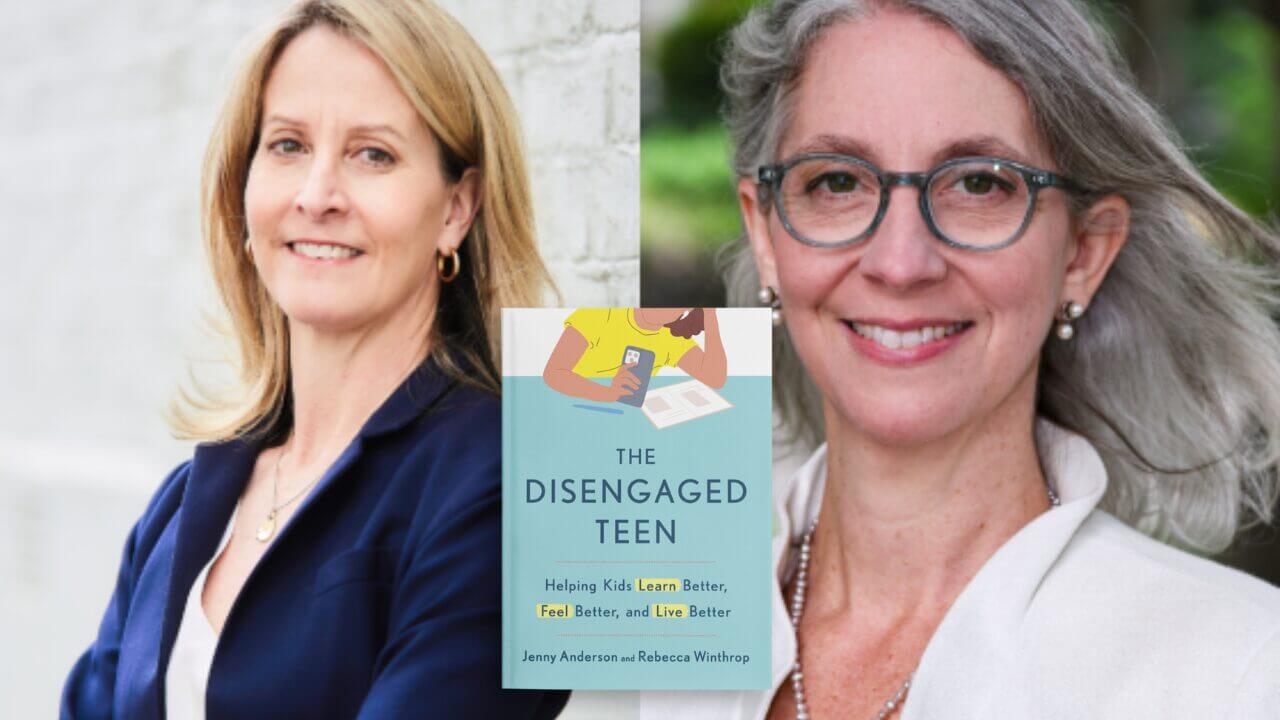Tom Payzant Named Chair of Carnegie Foundation Board, Two New Board Members Elected
November 18, 2013
Washington, D.C.—The Carnegie Foundation for the Advancement of Teaching has named urban school authority and reform advocate Tom Payzant as the chair of its Board of Trustees. New Visions for Public Schools President Robert Hughes and Tom Stritikus, dean of University of Washington’s College of Education, were also elected as trustees for four-year terms. All took office at the Foundation’s annual Board meeting in Washington, D.C. on Nov. 14.
Tom Payzant has been a professor of practice at the Harvard Graduate School of Education, where his focus was on leadership and systemic reform in urban school districts and schools. He published Urban School Leadership in 2011. Payzant served as superintendent of the Boston public schools from 1995 until his retirement in 2006. For most of the 1980s, he was superintendent of the San Diego public schools, then became assistant secretary for Elementary and Secondary Education during the Clinton administration. In 1998, he was named Massachusetts Superintendent of the Year.
Robert Hughes was appointed president of New Visions for Public Schools in September 2000. Under his leadership, New Visions has created 99 district and six charter public schools in New York City, provided mentoring services to hundreds of new principals, developed school-based certification programs for teachers and principals, and created an inquiry process now in use in 1,500 New York City public schools. New Visions currently is a partnership support organization providing direct support to 75 schools serving almost 47,000 students. His relationship with Carnegie began as a partner in the Building an Effective Teaching Network program, helping seed improvement science into the challenging tasks of supporting new teachers.
Tom Stritikus is the dean of the College of Education at the University of Washington, a program that graduates hundreds of teachers every year. He has been outspoken about the need to close the growing achievement gap among poor student populations and suggests teachers are the key to improving their academic outcomes. His work focuses on the context and process of adjustment for immigrant students and the educational opportunities—from a policy and practice perspective—that schools and districts make available to them. Before coming to the University of Washington in 2000 as a faculty member, he was an elementary school teacher in Baltimore, and an English instructor in Mexico.





